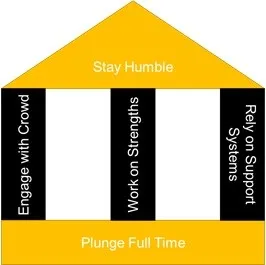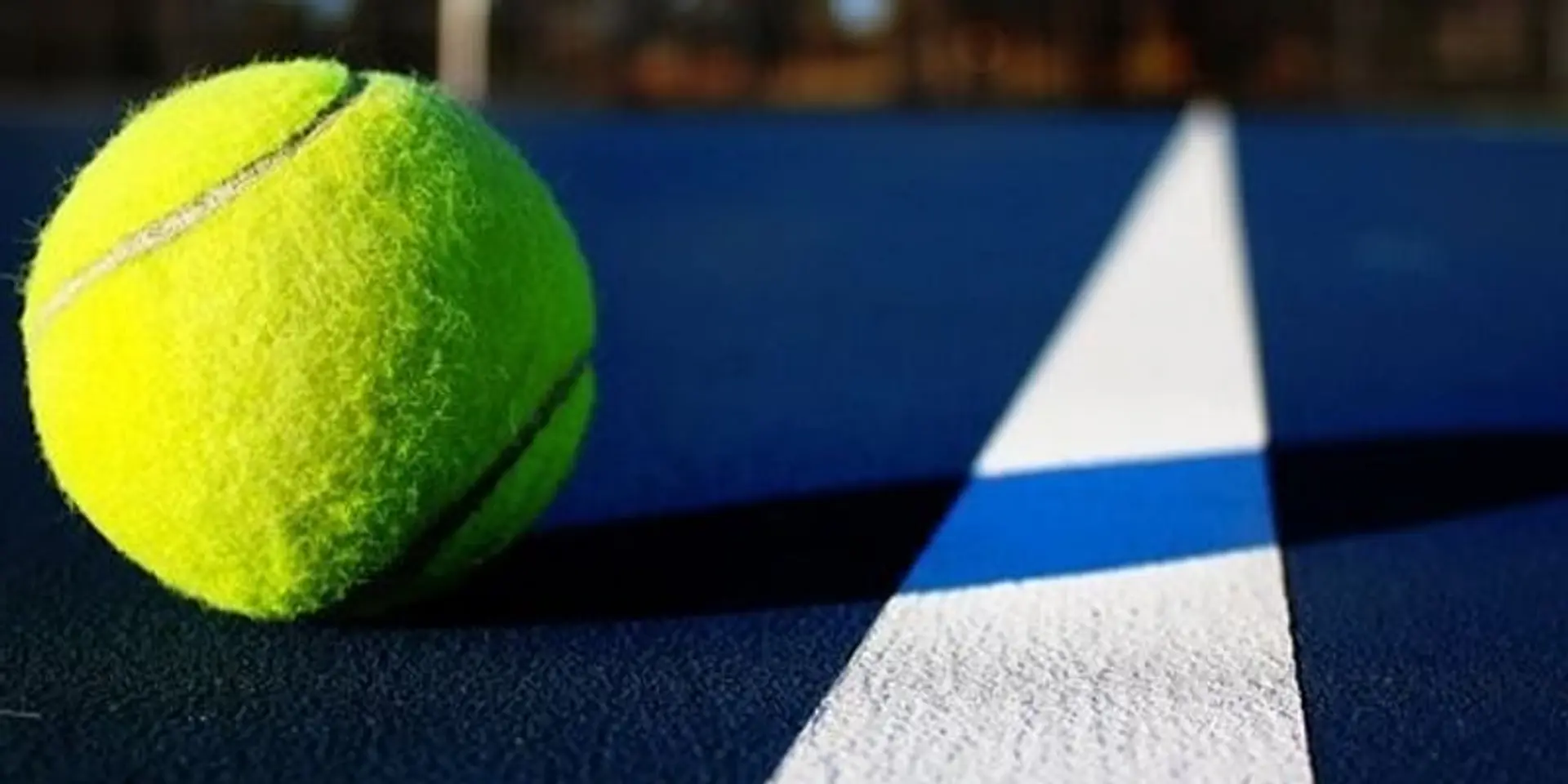

The Game called Entrepreneurship for Startup Enthusiasts
There were many similarities between Roberta’s 2015 US Open Semi Final Game & the approach adopted by many successful startups.
US Open 2020 is scheduled to begin from 31st August 2020 amidst the COVID19 Fear in USA.
I want take you to simpler times - the Semi Final of US Open 2015.
On 11th September 2015, a 32-year-old unseeded tennis singles player called Roberta Vinci did the unthinkable; Beat Serena Williams 2-6 6-4 6-4, and making her the oldest first-time finalist in the Grand Slam tennis history.
Any tennis player (subjected to the truth serum) would confess about backing out of a match with Serena Williams. Let alone face Serena on her home ground where the crowd is rooting for the game to wrap up in two straight sets and get her closer to the goal of a Grand Slam Bid.
There were many similarities between Roberta’s day on the Blue Tennis Court of Flushing Meadows and the approach adopted by many successful startups in today’s corporate world and it can summarised using this framework

Take a plunge and stay committed Full Time (The Foundation)
Roberta, a tennis player who had achieved success in the doubles format, decided to venture full-time into the highly competitive world of single tennis at the age of 32 because of her love for the GAME. Leaving the familiarity & achievements (of five career grand slams) in the doubles game, she stayed committed to her decision of being a full-time singles player and did not participate in any doubles tournament during the calendar year. Similarly, many successful startup founders with a couple of years of experience who have fallen in love with an idea and hence, have taken the plunge full time to build a startup, leaving their comfortable & high paying jobs.
Work on strengths not against competitions (Pillar I)
Roberta faced Serena Williams, No 1 ranked tennis player of 2015. A player known for her brute force and stamina. These attributes were not built overnight but after years of competitive singles tennis tournaments. In many ways, startup founders (especially first-time entrepreneurs) face this on a daily basis. They compete with large corporations who have been in this business for years and have had their competitive advantage & core competencies validated by the market and consumers.
Hence, when Roberta faced Serena for the fifth time in her career, it looked like the results would turn out like the past four encounters i.e. Roberta not winning a single set against Serena – especially, when the first set was won by Serena comfortably.
However, Roberta was determined and confident about her skills. Her serve might not have been as powerful as Serena’s but she used her skills of the doubles game and placed the ball at Serena’s side of the court with class and precision; timing and placements that would have impressed Federer himself! Also, during most part of the game, Serena focused on powerful serves, powerful returns and multiple adjustments to her ankle support – Not to forget, destroying her racket out of frustration.
This is exactly what many large corporations do when they are pushed to the wall by startups. They use their large budgets on campaigns or product development rather than focusing on the game i.e. customer needs, in the process, destroying support systems or existing product/service lines. While, on the other hand, successful startup founders capitalise on their strengths – many of which might not be in the traditional ways of doing business but help in innovating their product/service offerings. Many times, it might not turn out to be the best way of getting an outcome but it does serve the purpose for product/service roll-out and validation. Also, successful founders of startups appreciate their competitors’ strengths and work on strategies that will help them to succeed by not going against the strength areas of competition but learn from the competition on how things can be executed better.
Engage with the Crowd (Pillar II)
Let’s not forget the crowd at Flushing Meadows. They wanted Serena to win. Why? Because they did not want anyone to upset Serena’s Grand Slam Bid. The crowd rallied for her until the last 30minutes of the match. It was the decider game of the third set and Roberta had just won a fantastic rally and got the game back to deuce. The crowd finally accepted the determined Roberta and obliged to her shout out “call my name, its Roberta Vinci”. When they did, she moved into the next level of play.
Just like the regulatory bodies (of any industry) who rally behind well-established industry leaders. They rarely develop policies that are startup-friendly. Why? Because they see startups as a phase of disruption and not innovation. After startups show signs of a sustainable business model, regulatory bodies start noticing the need to be more startup-friendly, as it helps the industry to innovate faster. However, it is also key for startups to engage with the regulatory bodies early on. Many well-intended start-ups have not achieved their growth plans due to their reservation to engage with regulatory bodies early.
Reliance on Support Systems (Pillar III)
It is not always about players motivating themselves in the match. Roberta had her support within the stadium. For the major part of the game, Roberta had only three individuals in Flushing Meadows who were rooting for her – one of them being her coach and others being family. Why? Stats might be a good indication. It was 300 – 1 as the odds for her to win.
Incidentally, in the startup ecosystem, founders face similar odds for success and depend on three support systems during the initial phase of their venture. Family, Incubations/Accelerators and Investors. Unfortunately, not all startup founders are lucky to have all of them. I have seen many startups falling apart because one of the support systems lost faith in the vision of the founders.
Have the humble pie & eat it too (The Shield)
Roberta was humble and grounded all through the game. At one point of the game, she even smiled at the crowd when she was overwhelmed by Serena’s 128 mph serve and again when she confessed at the end of the game that she had already booked her tickets for home (as she was sure of a win against Serena was difficult). For Roberta, Serena is still the best in the game. It is very important for founders to be well-grounded, even after the initial success, as humility helps founders to bounce back from difficult situations.
While the finals was an all Italian Show and Roberta did not win the title but surely did win the admiration of the entire tennis world.
It is important for all startup enthusiasts to remember Roberta’s sign-off line “Sorry for the American people, for Serena, for the Grand Slam and everything. Today is my day”.
So, go make it happen – Stay foolishly hungry – Because Today is yours!!!





